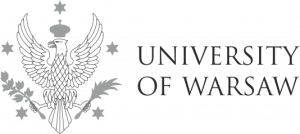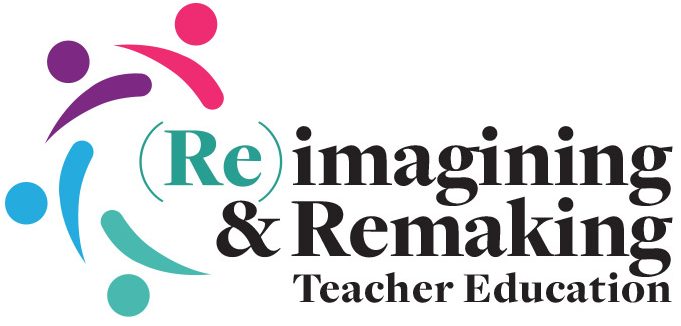
The University of Warsaw is both the largest university and the best research centre in Poland. In its 200-year history, UW has provided education to many scientists, artists and politicians. Among its graduates the university has 6 Nobel Prize winners. The University of Warsaw continues to develop and to pursue the following strategic objectives: strengthening the position of UW as a Poland’s leading research centre; maintaining its high ranking among the Central European universities and becoming one of the continent’s top universities; gaining international recognition; and continuing a strong impact on its environment.
7 300 employees work at the university. 42 500 undergraduate and graduate students, 2 900 doctoral students and 2 700 postgraduate students are educated here. The total number of students and doctoral students includes 4 900 international students. Teaching and research are offered not only at 21 faculties and 4 doctoral schools, but also at interdisciplinary units, and academic and research centres.
The range of studies includes programmes in the humanities and social, exact and natural sciences, including individual interdisciplinary studies, 27 English-language programmes and 29 programmes of study run jointly with universities from abroad.
According to international university rankings, UW is among the top 3% of universities in the world. Every year, around 20 programmes offered by the University of Warsaw are listed in the international rankings by subject, such as the QS World University Rankings, the Eduniversal Best Masters and the MBA Ranking.
The university was the first Polish university to begin monitoring the careers of its graduates. The results of this monitoring indicate that over 90% of respondents find employment within a year of obtaining a degree.
Currently, the university is focusing on the development of interdisciplinary global-range research projects concerning important social issues. Almost one third of the university budget, equal to 360 million euro, is devoted to research. Domestic and European grants are the main sources of academic research funding. UW employees have won 14 of the 34 grants awarded to Polish institutions from the most prestigious European competitions of the European Research Council (ERC). Within the current EU financial framework (2014-2020), UW scholars have won more than 50 grants from the Horizon 2020 programme.
UW scientists conduct research on socially important issues in cooperation with scientific centres from all over the world. In addition to the flagship programmes under the 4EU+ Alliance, such projects include those implemented within the EIT Food –European Knowledge and Innovation Community in the food sector, which forms part of the European Institute of Innovation and Technology. UW has been a member of EIT Food since 2016. In 2018, UW also initiated a project under the framework of yet another EU Knowledge and Innovation Community –EIT Climate, whose objective is to mitigate and adapt to the consequences of climate change.
Since 2016, the University of Warsaw has the right to use the title ‘HR Excellence in Research’ awarded by the European Commission. The award confirms that the university fulfils the requirements of the European Charter for Researchers.
The university works together with 100 international partners, 530 of which are from 73 countries which have signed a bilateral cooperation agreement with UW. The university is an active member of international associations engaged in the integration and development of higher education. It also belongs to 100 global research networks, as well as many consortiums set up to carry out research projects.
UW belongs to the 4EU+ European University Alliance selected by the European Commission for funding in the ‘European Universities’ call for proposals, launched as part of the 2019 Erasmus+ programme. The 4EU+ Alliance is based on a shared vision for a European University that embraces academic values, ensures equitable access to education, and shapes the next generations of open minded and critical-thinking citizens to be ready to face and solve global challenges. The 4EU+ mission is to develop a barrier-free and continuously deepening cooperation in education, research, mobility and innovation within the Alliance.
The strategic objectives of the university include enhancing international recognition and building a good position among the top European research universities. The multiannual development plan, which will continue until 2025, makes the most of the potential of the university. It aims to foster research in the humanities and social sciences, tighten up collaboration between faculties and simplify cooperation within the social and economic environment, as well as promote international academic exchange. Thanks to this programme, new buildings will be constructed and others will be refurbished.
2018 marked the beginning of the implementation of the university’s four-year Integrated Development Programme (ZIP). The programme is designed to support the comprehensive development of the university and includes development of new fields of study and modification of existing curricula; enriching the range of curricula, courses and scholarship programmes for doctoral students; organization of classes and training sessions to improve the skills of students and employees; and development of university management IT tools.
